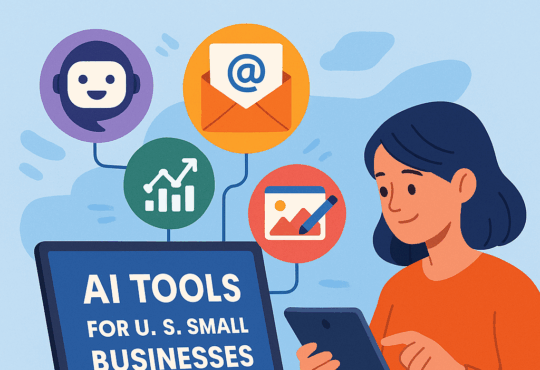Cybersecurity Basics: How to Protect Yourself Online

In today’s digital world, cyber threats are everywhere—from phishing scams to data breaches. The good news? You don’t need to be a tech expert to stay safe. This guide covers essential cybersecurity basics to protect your personal information, money, and privacy online.
1. Strong password: First line of your defense
Do and not
Use 12+ characters with a mixture of letters, numbers and symbols (eg coffee! Lovers#2024)
Enable two-factor authentication (2FA) for important accounts (bank, email)
Use password processing (Bitwardon, 1Password)
Don’t do:
Reuse the password (a leak = all accounts at risk)
Use clear information (birthday, pet names)
Share passwords on e -post/text
2. Avoid spots and fishing fraud
How did hackers wonder:
Fake E -Post (“Your account is closed! Click here.”)
Text messages pretend to be your bank
Immediate danger (“Pay Now or lose access!”)
Red flags:


What to do:
Do not click on the link directly in unwanted messages through the official website.
Report the fish effort to your e -mail provider.
3. Secure your equipment
Required steps:


Lock device with 
For public wi-fi:
Avoid reaching sensitive accounts (bank).
Use a VPN (Protonvpn, Nordvpn) to encrypt the data.
4.
What to limit to share:
Date of birth, home address, holiday schedule (risk of theft)
Personal documents (ID, Boarding Pass)
Privacy Settings:
Put the profile to personal.
Review app permission (cancel access to unused apps).
5. Backups your data
Why? Rainmware attacks can dry your files.
How? Follow the 3-2-1 rule:
3 copies of important data
2 Separate format (Sky + external hard drive)
1 offsome backup (Google Drive, iCloud)
6. What to Do If Hacked
Change passwords right now.
Scan for malware.
Freeze credit (if financial information became exposed).
Report to:
Your financial institution (for fraud)
FTC.Gov (identity theft)
Final Checklist











